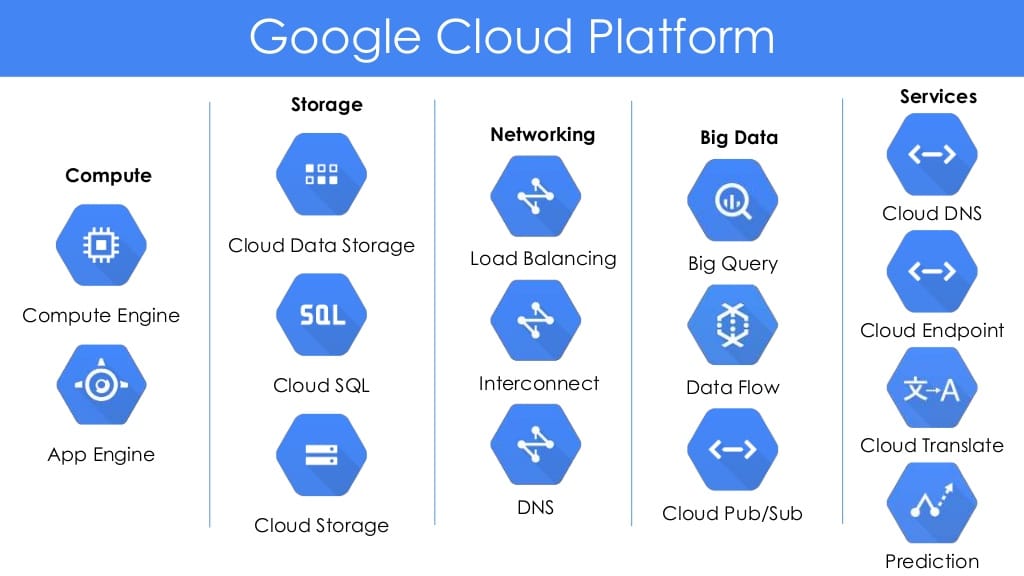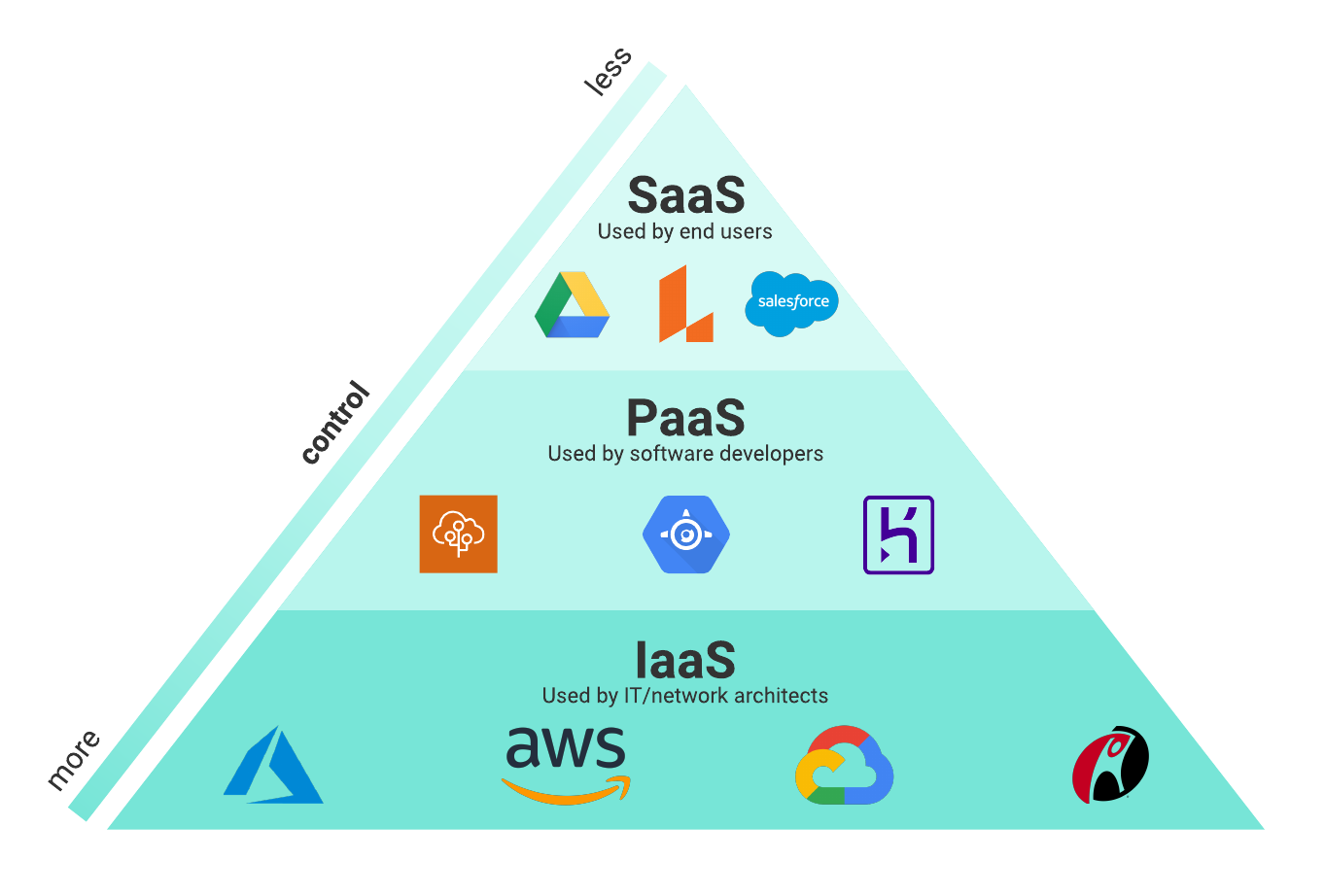Universal Cloud Service: Reliable and Effective Solutions for Your Company
Universal Cloud Service: Reliable and Effective Solutions for Your Company
Blog Article
Achieve Seamless Scalability With Cloud Solutions
In the ever-evolving landscape of cloud solutions, achieving smooth scalability stands as a foundation for modern-day companies seeking to stay competitive and versatile. The ability to easily broaden or get sources in action to changing demands is a crucial benefit in today's fast-paced digital atmosphere. By mastering the art of scalable cloud options, organizations can not only maximize efficiency and improve operations yet likewise lead the way for future growth and development. The pursuit for seamless scalability with cloud services unveils a world of possibilities for those prepared to welcome the transformative power of vibrant source monitoring.
Advantages of Cloud Scalability
Cloud scalability provides companies the flexibility to dynamically change sources based on demand, making certain ideal efficiency and expense effectiveness. Furthermore, cloud scalability advertises development and testing by permitting organizations to easily test brand-new concepts and range them as needed. Inevitably, the benefits of cloud scalability extend beyond expense savings to incorporate enhanced efficiency, dexterity, and technology.
Key Attributes for Scaling
Effective scaling in cloud services relies on vital features that enable organizations to change resources dynamically based on need. One necessary attribute for scaling is flexibility, allowing resources to scale up or down in feedback to changing workloads. This makes certain that organizations can satisfy efficiency needs without over-provisioning resources. Another crucial attribute is scalability, making it possible for systems to deal with boosted workload by including sources seamlessly. This attribute is important for accommodating development without compromising efficiency. In addition, automation plays an essential duty in scaling by automating the provisioning and de-provisioning of resources based on predefined plans. Automation minimizes human treatment, boosts performance, and ensures fast reaction to transforming demands. Monitoring and analytics tools are likewise vital for scaling, offering insights right into source utilization, efficiency metrics, and possible bottlenecks. These devices enable companies to optimize and make informed decisions source appropriation for efficient scaling. In general, these vital features collectively equip companies to accomplish smooth scalability in cloud services.
Executing Auto-Scaling Methods
To efficiently optimize source appropriation and adapt to differing work, organizations have to strategically implement auto-scaling approaches in their cloud services facilities. Auto-scaling permits systems to automatically readjust the variety of compute resources based upon real-time need. There are different auto-scaling methods that companies can utilize, such as predictive scaling, which makes use of historic information to anticipate future source requirements, and responsive scaling, which reacts to existing work changes.

Finest Practices for Scalability
For companies aiming to improve their scalability in cloud services, executing ideal practices is important for optimum efficiency and source administration. One secret ideal method is creating applications with a microservices architecture. This method breaks down applications right into smaller, independent solutions that can be deployed, updated, and scaled separately, enabling for better flexibility and scalability.
An additional why not try these out crucial technique is using containerization modern technology, such as Docker or Kubernetes. Containers allow the packaging of applications and their reliances into isolated devices, making it much easier to scale elements independently and release them consistently throughout different settings.
Furthermore, applying automated deployment and infrastructure as code (IaC) can improve scalability efforts (linkdaddy cloud services). Automation devices like Terraform or Ansible aid in provisioning and managing resources efficiently, minimizing manual mistakes and making it possible for quick scalability
Additionally, monitoring efficiency metrics, setting up notifies, and performing normal ability planning are vital techniques to make certain positive scalability administration. By sticking to these best practices, companies can achieve smooth scalability in their cloud services while maximizing performance and resource utilization.
Monitoring Performance Metrics
When analyzing the performance of cloud services scalability, carefully checking efficiency metrics is important for ensuring ideal functionality and source allotment. By continually tracking crucial performance indicators (KPIs) such as reaction times, resource, latency, and throughput usage, organizations can gain beneficial insights right into the health and wellness and effectiveness of their cloud framework. Checking efficiency metrics enables for the early discovery of potential traffic jams or problems that could affect scalability, enabling proactive actions to be taken to address them prior to they intensify.

Verdict
In final thought, attaining smooth scalability with cloud services is essential for companies to maximize performance, enhance development, and keep high performance levels throughout peak times. By leveraging the advantages of cloud scalability, have a peek here implementing auto-scaling approaches, making use of crucial features such as flexibility and automation, and complying with best techniques like application design and efficiency surveillance, organizations can successfully scale their systems while making the most of resource application and efficiency.
The quest for seamless scalability with cloud services reveals a world of opportunities for those eager to accept the transformative power of dynamic source monitoring.
Cloud scalability offers organizations the adaptability to dynamically adjust resources based on demand, ensuring ideal performance and cost efficiency. An additional key function is scalability, enabling systems to manage increased work by including sources effortlessly.For organizations aiming to boost their scalability in cloud services, implementing finest practices is critical for optimum efficiency and source administration.When examining the effectiveness of cloud services scalability, carefully keeping an eye on efficiency metrics is critical for guaranteeing ideal capability and source allowance.
Report this page